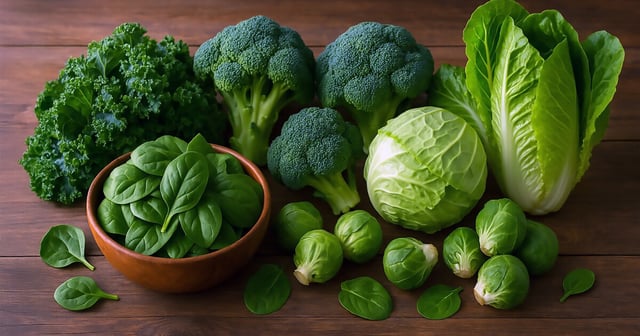Overview
- A 14.5-year study of 1,436 Australian women found higher dietary vitamin K1 intake was associated with less subclinical atherosclerosis and a reduced incidence of atherosclerotic vascular diseases.
- Participants who consumed about 30% more vitamin K1 than current Australian dietary guidelines recommend—equivalent to roughly 1.5 cups of leafy greens daily—experienced significantly lower long-term risk of atherosclerotic vascular diseases.
- Vitamin K1 from vegetables like spinach, kale and broccoli appears to inhibit vascular calcification and reduce carotid artery thickening, a key marker of atherosclerosis progression.
- The nutrient also supports musculoskeletal health by promoting osteocalcin activation, which enhances bone mineralization and strength in older adults.
- Researchers at Edith Cowan University are translating these findings into novel vitamin K1-enriched food products aimed at improving nutrition for vulnerable groups such as aged care residents.
